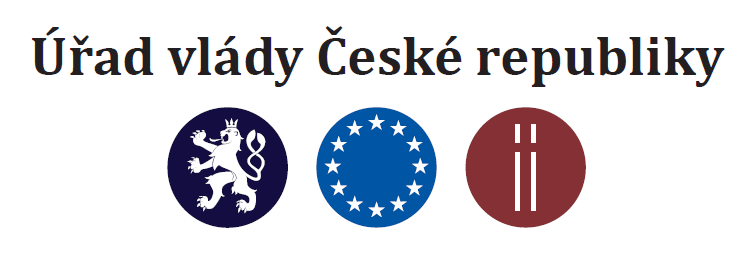Political Science
Political Science
The doctoral study program in Political Science at the IPS Department of Political Science provides variants of full-time and part-time study; the program is accredited as a four-year program. The study is based on an individual study plan compiled by the student in cooperation with their supervisor after starting the study. The individual study plan must contain the study obligations set out in the framework study plan.
In the course of study, the student must complete the compulsory courses set out in the framework study plan, pass the prescribed examinations, publish partial results of his/her research and subsequently write a dissertation based on it, and fulfil other obligations set out in the individual study plan or resulting from the student's status as an internal student. During the course of their studies, the student should undertake some form of internship or research placement abroad.
Students of the internal form of study are actively involved in the work of the department, participate in professional events organized by the department or IPS and help in organizational and administrative tasks of the department.
The course of studies, the final state exam and the defence of dissertation thesis is regulated by Study and Examinations Rules of CU, Rules for The Organization of Study on FSS CU, Dean's provision no. 21/2023 Organization of Doctoral Studies at FSV UK, and framework study plans of particular programmes.
The duties of the doctoral student are defined in the framework study plan and Handbook ENG 2025/2026
Here you can find the information about State exam.
The following rules apply to Ph.D. students admitted to the combined Political Science
programme.
Political Science - dissertation priorities 2025/26:
doc. PhDr. Miloš Brunclík, Ph.D.
- Problémy parlamentních a poloprezidentských režimů / Problems of parliamentary and semi-presidential regimes
- Ústavní inženýrství / Constitutional engineering
- Význam členství v politických stranách soudobých demokracií / The significance of partisanship in contemporary democracies
- Role hlavy státu v parlamentních režimech / The role of the head of state in parliamentary regimes
- Význam ústavních zvyklostí v soudobých demokraciích / The significance of constitutional habits in contemporary democracies
- Technokracie a populismus a jejich vztah k demokracii / Technocracy, populism and their relationship to democracy
Doc. PhDr. Petra Guasti, M.A., Ph.D.
- Polarizace / Polarization
- Demokratizace/autokratizace (včetně demokratických a autokratických inovací) / Democratization/autocratization (including democratic and autocratic innovation)
- Participativní inovace / Participatory innovation
- Digitální inovace / Digital innovation
- Členství v českých stranách dnes a zítra: teoretické a praktické perspektivy / Membership in Czech political parties today and tomorrow: theoretical and practical perspectives
- Stranické organizace současnosti / Contemporary organization of political parties
- Povoláním politik – Teorie, diskurs a praxe / Politics as an occupation: theory, discourse and practices
- Socializace a stranická identita - hledání kořenů stranické kontinuity a stability / Socialization and partisan identity - looking for roots of partisan continuity and stability
- Geopolitical effects of the new global paradigm: fragmentation of the Old World Order and New World Disorder
- Teichopolitika: Reteritorializace politického prostoru (jako reakce na státní i nestátní hrozby)
- Power Competition in Sub-Saharan Africa´s New Geopolitical Frontlines: Changing Geopolitical Landscape and Strategic Environment
- Geopolitics of Secession and International Recognition: the Role of Strategic Interests and Case Studies
- State-building in Sub-Saharan Africa and its Geographic Dimension
- Territorial dimension of violent non-state actors´ competition and prot-states in Failed States
prof. PhDr. Blanka Říchová, CSc.
- Národ a identita na přelomu 20. a 21. století / Nation and identity on the verge of 20th and 21st century
- Regionální stranické systémy a jejich typologie (vliv decentralizace na vnitřní strukturu politických stran) / Regional partisan systems and their typology (influence of decentralization on inner structure of political parties)
- Autonomie a nezávislost: problematika komparativního výzkumu regionálních hnutí v současnosti / Autonomy and independence: the issue of comparative research of contemporary regional movements
- Israel
- Central Europe/EU/USA and Relations with Israel
- Contemporary Conflicts in the Middle East
- Politics of memory
- Transitional justice and transitions to democracy
- Questions of identity
- Ethnic violence
- Normalization of the radical right









